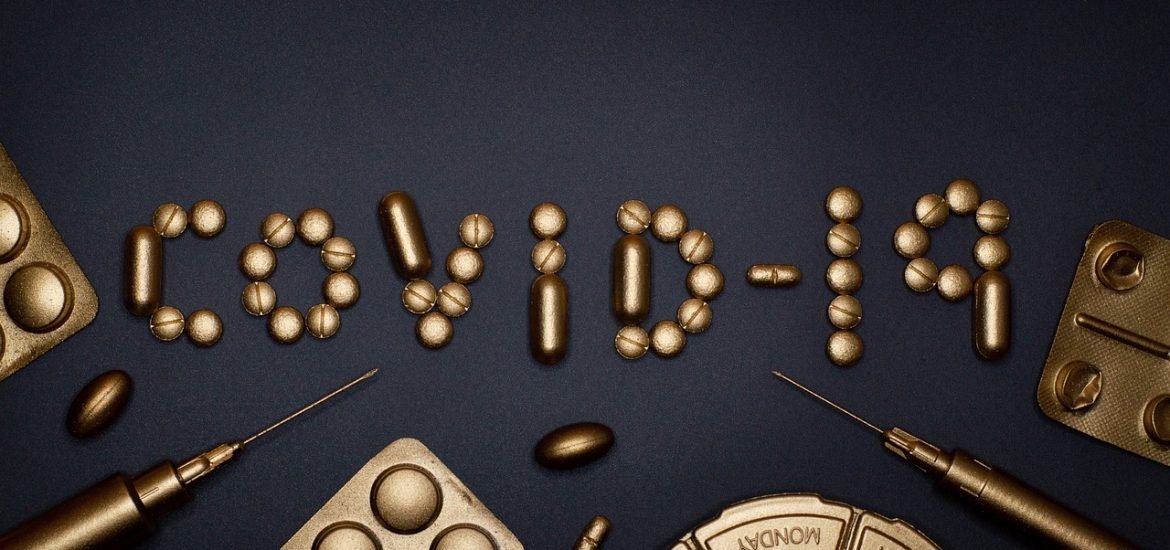
The extraordinary and often painful moments of the coronavirus pandemic are now part of a new interactive online exhibition. Food shortages, social distancing, and struggling hospitals are depicted in the artwork, showing the experiences of many people across the UK.
In addition, people can participate in a unique quiz by answering questions about what they would do in different scenarios. The trick is that they don’t respond as themselves but as a random fictional character assigned by the app. The results will be used to create a constantly evolving map displaying public opinion in real-time.
A team of experts from the University of Exeter, UK, have been investigating how the pandemic was covered by the media and experienced by different communities around the country. Assessing these inequalities and their effects on the social and political divide is vital to understand how British society will change in the future. Participants were asked to find significant images, photos, screenshots, and press releases that captured their thoughts and feelings about the pandemic and how the press covered the events.
From this work, an art exhibition was born. The artwork is called Red, Amber, Green Britain, and it was produced by Helen Snell during her time at the University of Exeter, UK, from September 2020 to March 2022. This is part of the project ‘Inequality, Identity and the Media in Brexit-Covid 19 Britain’.
“Working with Helen designing the app allowed us to explore new ways to translate our research and provided a new opportunity to get feedback from the public. It was also a great opportunity to connect with the research software engineering team at the University of Exeter,” said Dr. Horvath.
“The exhibition captures the spectrum of different experiences we have shared throughout the past two years. The drawings and animations reflect news headlines, government statements, personal experiences, information, and disinformation. They get to the heart of the ways in which our participants from across the country have experienced both Brexit and covid. These have been unique times which have exposed the major inequalities that underpin British society,” said Professor Tyler.
“This approach has allowed ordinary people to share their own unique stories in innovative ways and to challenge media and government narratives. The creative materials – including drawings, photographs, and interview excerpts – bring to life the diverse experiences of people in different places and capture how Brexit and Covid have shaped our lives,” concluded Dr. Blamire.